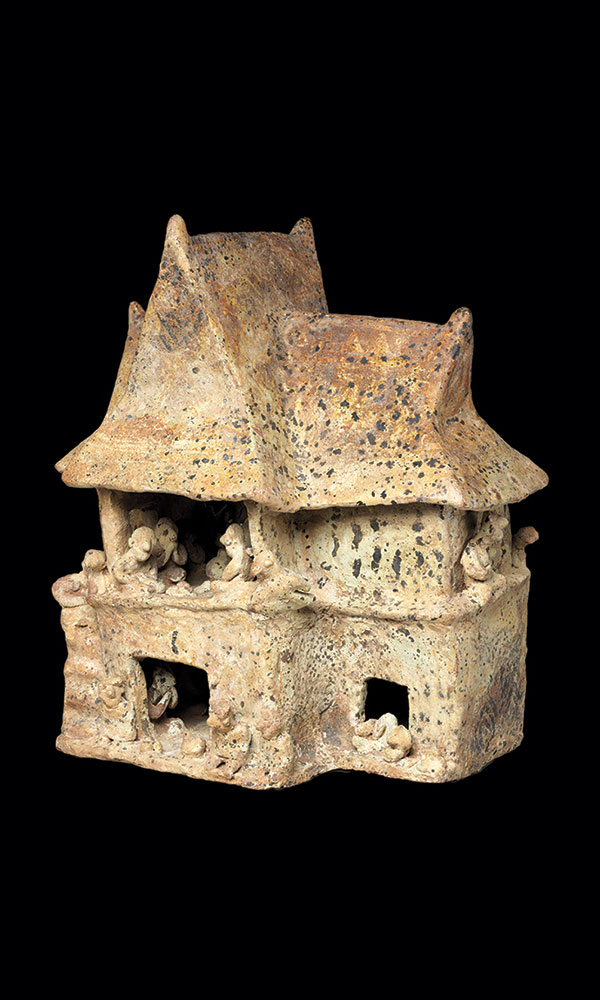SCOTLAND: The repaving of a University of Edinburgh quad has revealed labware and chemical samples probably belonging to Joseph Black, the 18th-century chemist best known for discovering carbon dioxide. Among the test tubes and thermometers, as well as loose samples of mercury and arsenic, were ceramic jars and crucibles, some still holding chemical residues, likely made by famed potter (and Charles Darwin's grandfather) Josiah Wedgwood.
SCOTLAND
Around the World November 1, 2011
Recommended Articles
Digs & Discoveries July/August 2023
Bog Togs
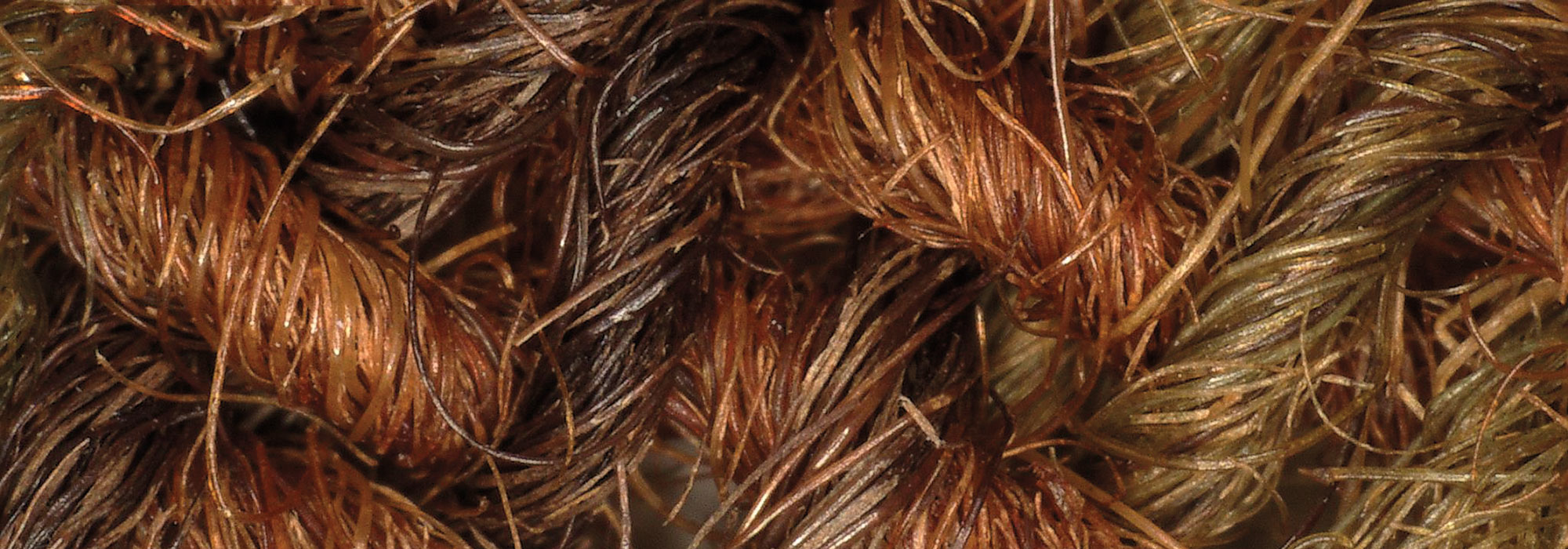
Digs & Discoveries January/February 2023
Storming the Castle
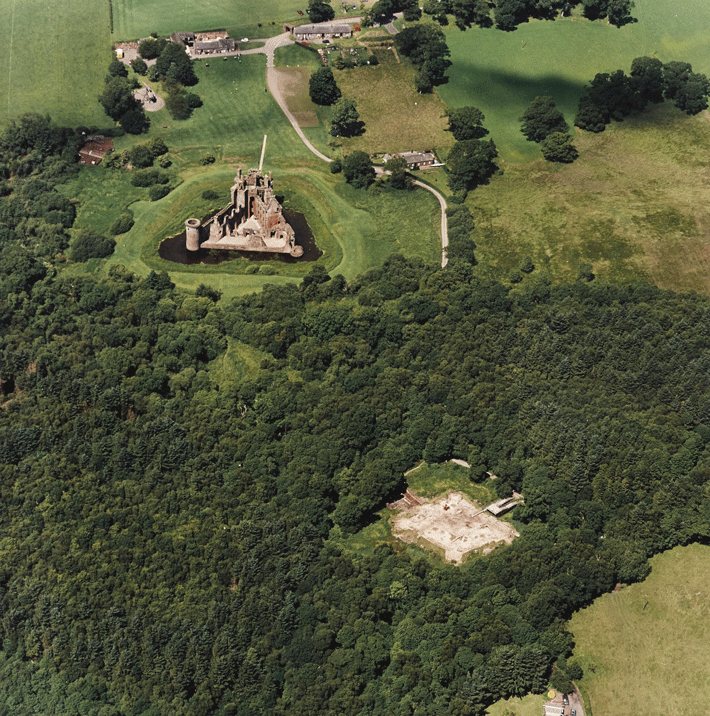
Digs & Discoveries September/October 2022
Pictish Pictograms
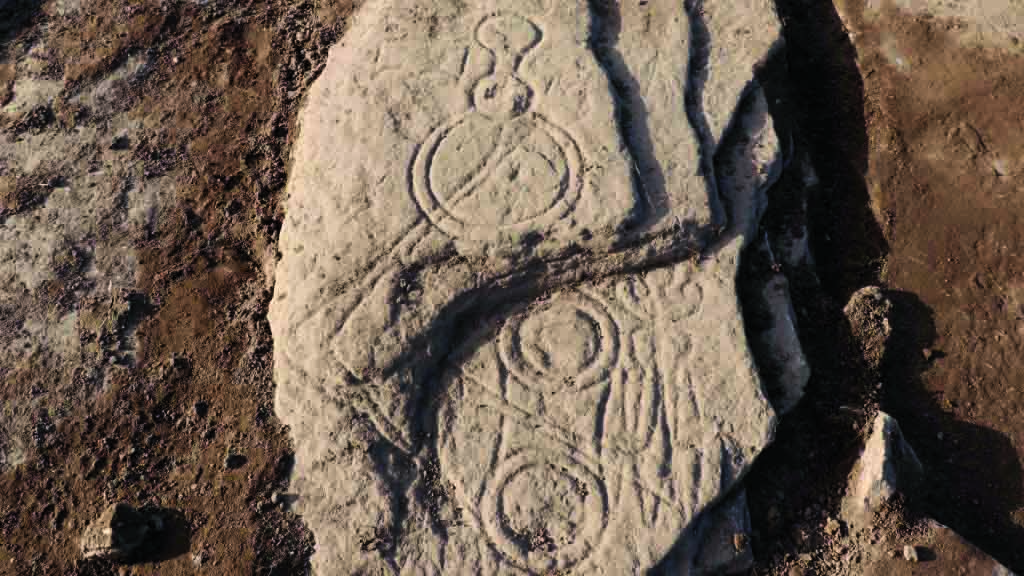
Off the Grid July/August 2022
Jarlshof, Shetland, Scotland
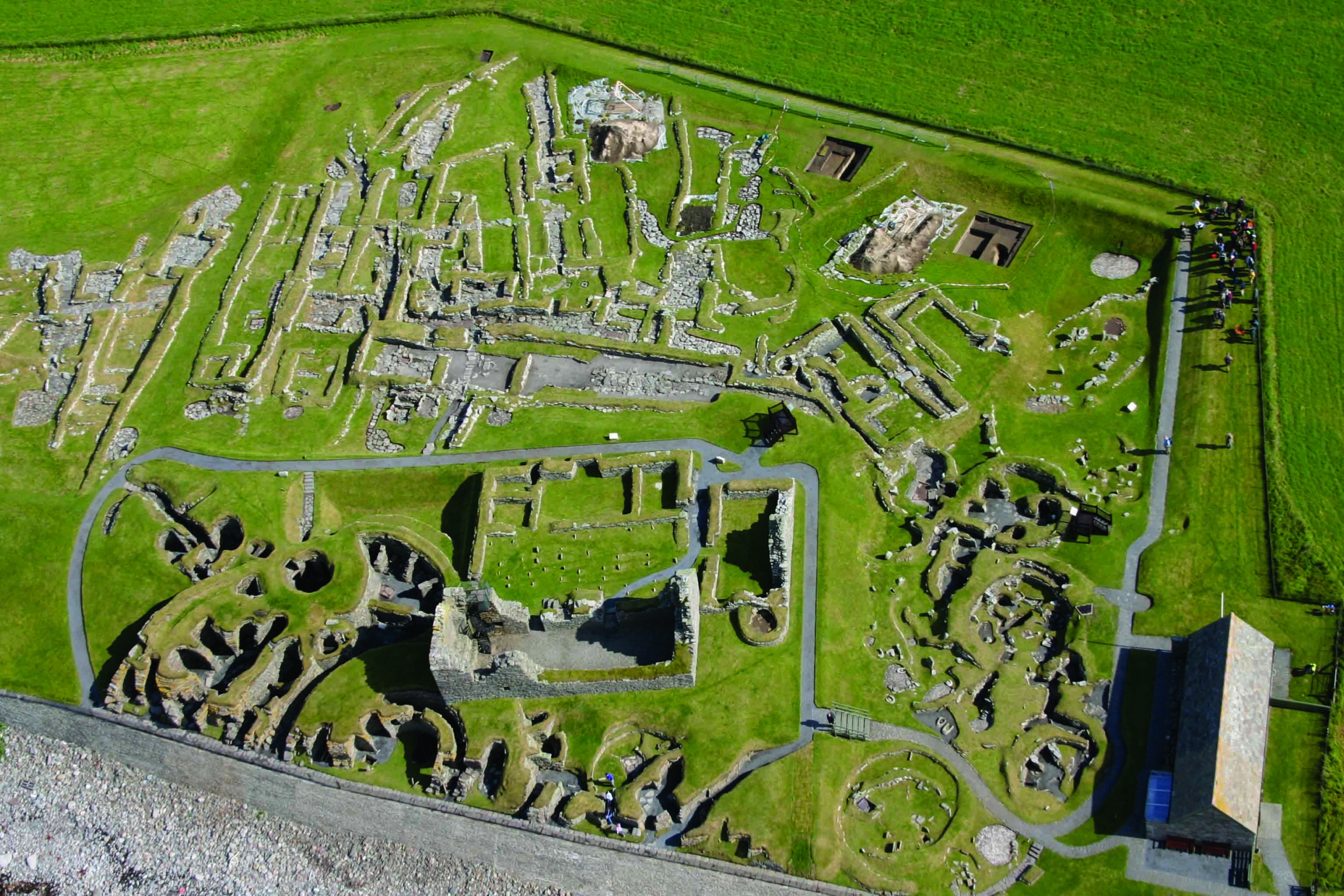
-
Features March/April 2026
Pompeii's House of Dionysian Delights
Vivid frescoes in an opulent dining room celebrate the wild rites of the wine god
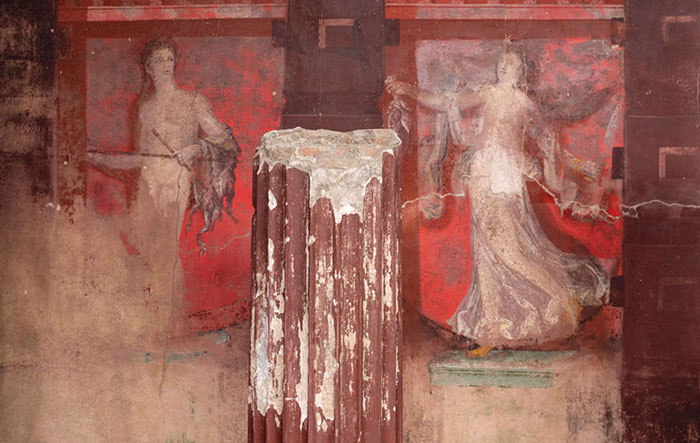 Courtesy Archaeological Park of Pompeii
Courtesy Archaeological Park of Pompeii -
Features March/April 2026
Return to Serpent Mountain
Discovering the true origins of an enigmatic mile-long pattern in Peru’s coastal desert
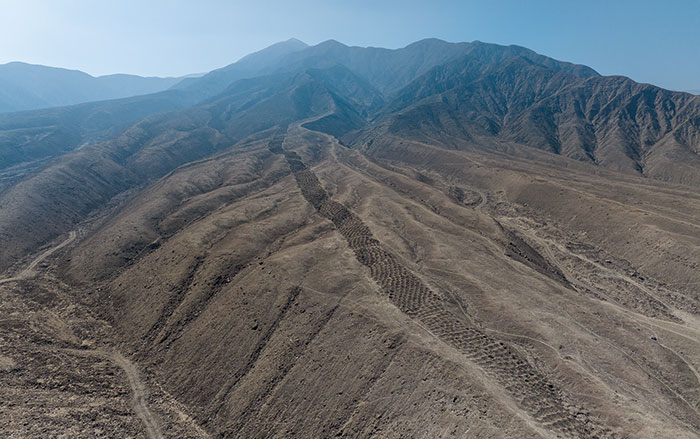 Courtesy J.L. Bongers
Courtesy J.L. Bongers -
Features March/April 2026
Himalayan High Art
In a remote region of India, archaeologists trace 4,000 years of history through a vast collection of petroglyphs
 Matt Stirn
Matt Stirn -
Features March/April 2026
What Happened in Goyet Cave?
New analysis of Neanderthal remains reveals surprisingly grim secrets
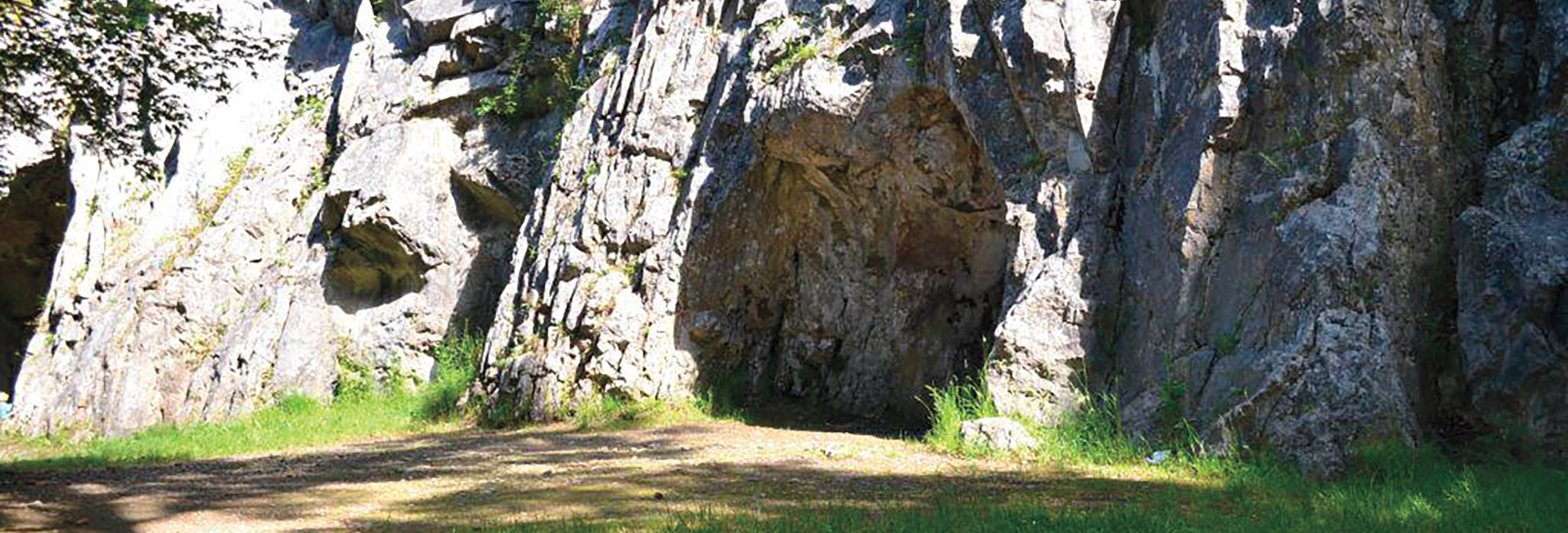 IRSNB/RBINSL
IRSNB/RBINSL



